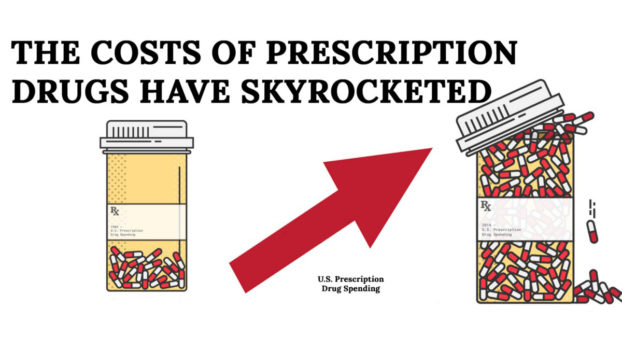By: Dr. Young-Il Chang, M.S., PharmD

Do you remember your first math class? Probably for most of us, the first math lesson was how to add numbers. Once you learned how to do addition, then you must move on to the next level; how to do the subtraction. At this point, you may get what I am trying to say with my title “Prescribing Deprescribing.” If we learned how to add prescriptions as a pharmacist, then we also need to learn how to deprescribe medications for the patient’s benefit. A medication given to the right patient, right dose, and right time may not be right anymore at some point.
There is so many evidence that demonstrate the need of appropriate discontinuation of certain medications. In a recent session at the American College of Cardiology, a scientific report showed that nearly 1 in 5 adults with high blood pressure also take a medication that could be elevating their blood pressure, such as antidepressants, NSAIDs, oral steroids, certain oral contraceptives, and common decongestants. Considering about half of the hypertension patients are not well controlled with their blood pressure, appropriate deprescribing or a safer substitution must impact the patient’s outcome. Another study reported that about half of the patients taking certain medications failed to timely stop them, including antidepressant, bisphosphonates, and PPIs. If you search “polypharmacy” in any search engines, you will easily find many other factors that can contribute to the unnecessary polypharmacy problem.
So, the evidence is telling us that there are too many medications prescribed, but not enough monitoring is following. Pharmacists are trained to review and manage the patient’s medications including prescription, over-the-counter, and supplemental medications. Pharmacists also know well the power of appropriate patient education which will certainly decrease the use of unnecessary prescriptions. However, in a recent survey of pharmacy students, about 40% of students said that they are not exposed to the concept of deprescribing. Considering the lingering problems with polypharmacy and lost benefits of the patients, it is necessary to reinforce the pharmacy curriculum regarding the concepts of deprescribing and its process in a systematic way.












